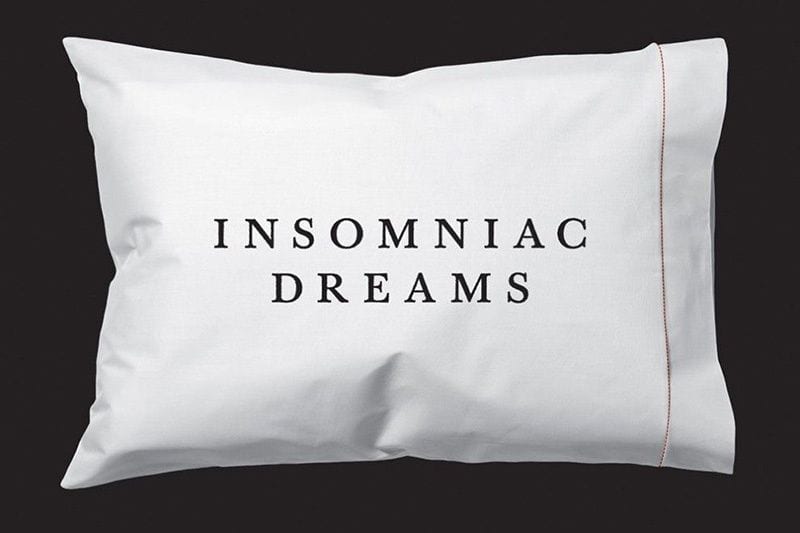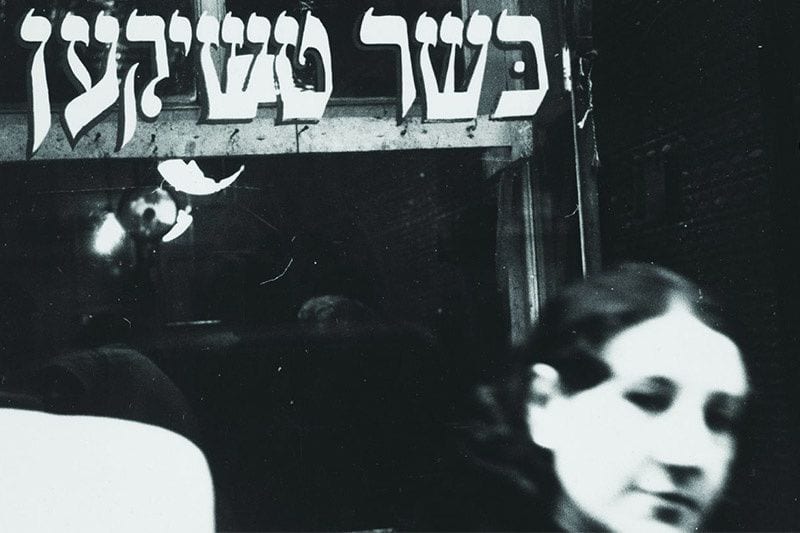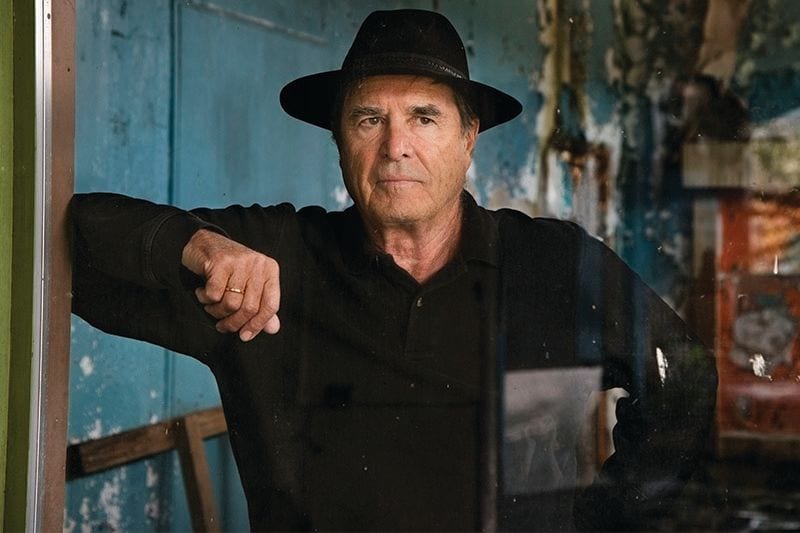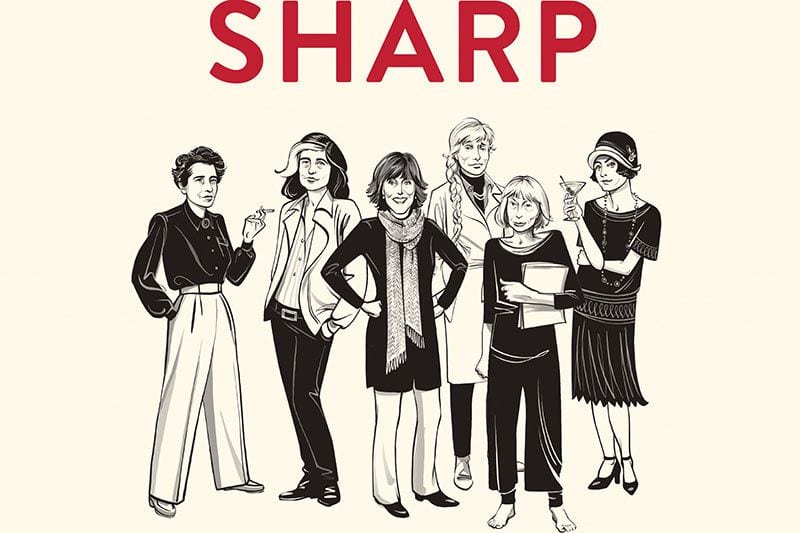
Harold Bloom’s ‘The American Literary Canon’
The authors included in Harold Bloom's The American Literary Canon conform to a singular American aesthetic that, in Bloom's world, makes them superior to the spectrum of the American experience.

The authors included in Harold Bloom's The American Literary Canon conform to a singular American aesthetic that, in Bloom's world, makes them superior to the spectrum of the American experience.

"White flights" for Jess Row denotes the "postures of avoidance and denial" about whiteness — as a privilege, a cultural norm, and a burden — adopted by white authors, academics, and critics.

From Marion Turner's work, Chaucer: A European Life, Chaucer emerges as a man who lived through intrigue, rebellions, a peasant's rising, and above all, a determination to translate.

These days, when personal grief becomes a public performance on social media, it's heartening to have a book such as Katharine Smyth's All the Lives We Ever Lived, wherein deep introspection is given space and literature provides both solace and inspiration.

Imaginative listening while reading, as Leighton demonstrates so masterfully, is not only a form of cognition but also a physical experience as we read or write literary texts.

Nabokov's work is a fascinating read for all the questions it raises—some of which the world's best minds have been tackling for centuries.

How America's ur-ghetto, New York's Lower East Side, changed the way we see ourselves.

Travel of the kind Theroux has spent a lifetime doing would compel anyone to develop patience, a love of solitude and anonymity, a constant alertness, and a resourceful toughness.

Michelle Dean's Sharp challenges readers to consider what we gain from reading the lives and works of women writers and how they shaped cultural and socio-political thought in the 20th century and beyond.

The recent release of The Rub of Time once again marks Martin Amis amongst our most proficient critics, seemingly without peer in terms of his range and scope.

Christopher Hitchens’ interviews offer a tantalizing appetizer of the breadth, scope, and urgency of the legendary contrarian’s thoughts on culture and politics

This is a deep dive into the history of literature and the murky threats it's faced that have only served to make it stronger.